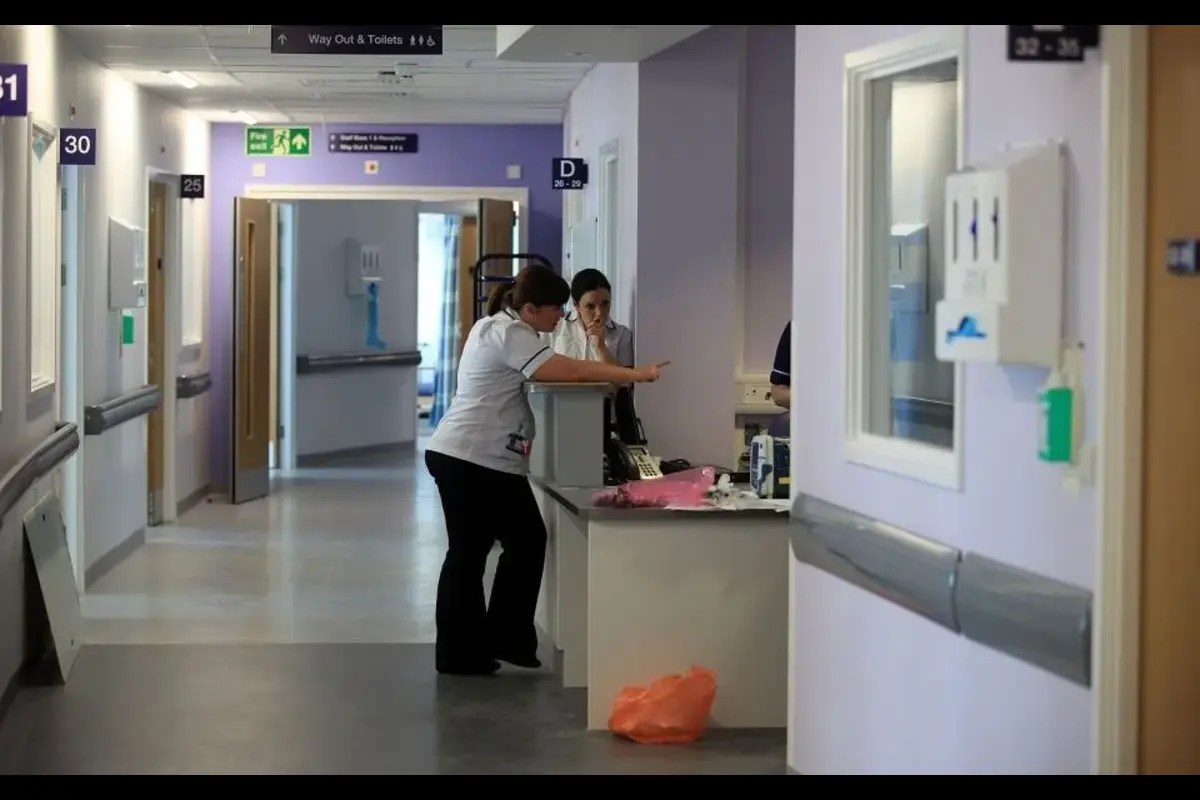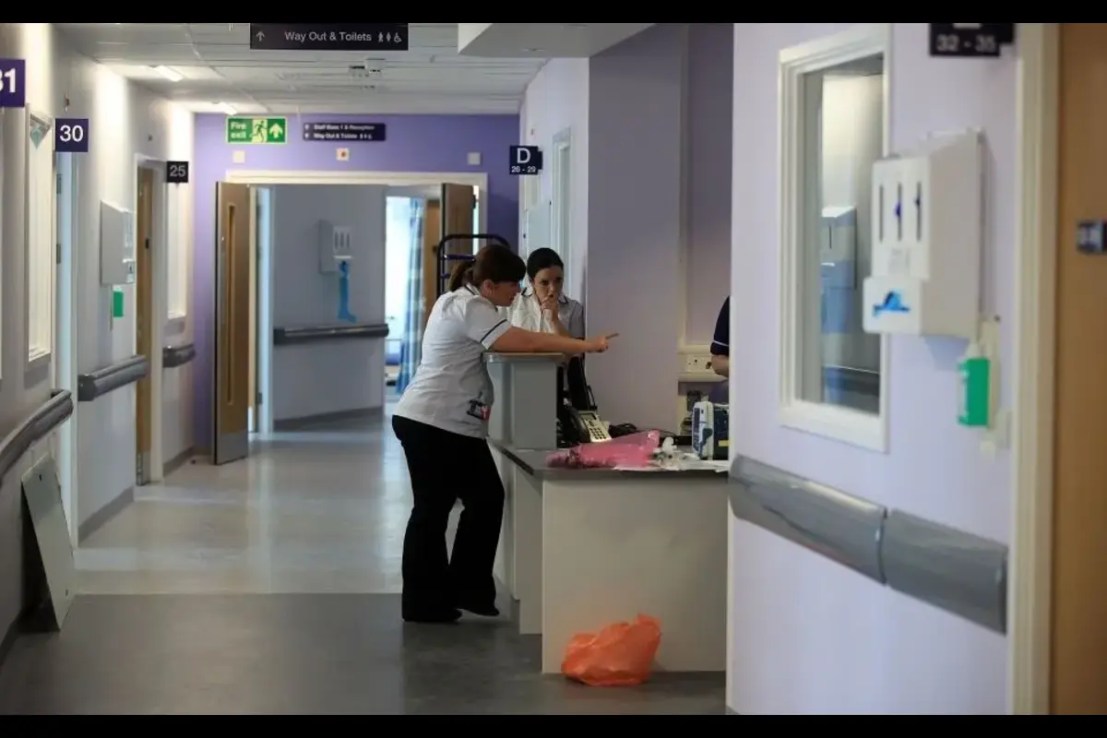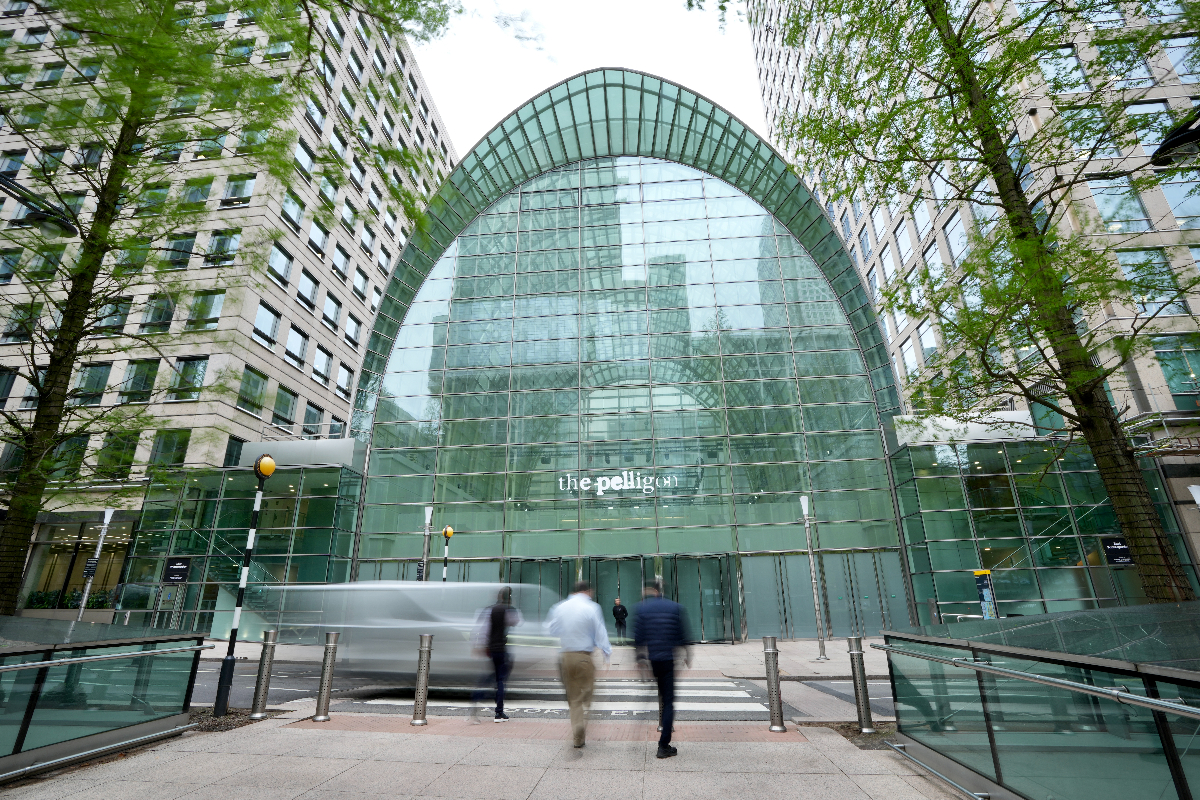NHS buys private healthcare provider Spire’s Tunbridge Wells hospital
The private healthcare provider sold the hospital to the Maidstone and Tunbridge Wells NHS Trust, a major acute hospital trust in the south-east of England.


Spire Healthcare announced this morning that it has sold one of its leasehold hospitals in Tunbridge Wells for nearly £10m to the NHS.
The private healthcare provider sold the hospital to the Maidstone and Tunbridge Wells NHS Trust, a major acute hospital trust in the south-east of England.
The deal was completed on 31 March. The consideration was £9.975m.
“This transaction reflects Spire Healthcare’s continued focus on disciplined capital allocation and meeting its stated ROCE targets,” Spire said.
The company, which operates 38 hospitals and works with over 8,000 consultants in the UK, confirmed that it remains “committed to growth and takes a consistent and proactive approach to portfolio management”.
Spire Tunbridge Wells is rated Good by the Care Quality Commission, the independent regulator. It comprises 28 beds, 10 consulting rooms, 2 operating theatres and an endoscopy suite.
For six months after the completion of the deal, Spire will manage the hospital on behalf of the NHS Trust, continuing to provide both private and NHS patients.
Last calendar year, the hospital generated revenue of £12.7m and earnings before interest, taxes, depreciation, and amortisation (EBITDA) of £1.1m. Leasehold rent incurred during the period was £0.4m and net cash generation (excluding working capital movements) was £0.7m. Capital expenditure during the year was £0.4m.
Spire Healthcare is one of a number of companies to have benefited from ongoing difficulties at the NHS. More and more patients are turning to private providers due to the record waiting times at the NHS.
In its latest round of results, released in February, the FTSE 250-listed company saw its revenue increase by 13.4 per cent to £1.4bn year on year, citing increased demand as the central reason for its growth.
Operating profit at the group, founded in 2007, was up 32 per cent to £126.2m, despite inflationary pressures and what it said was a “period of macroeconomic uncertainty.



